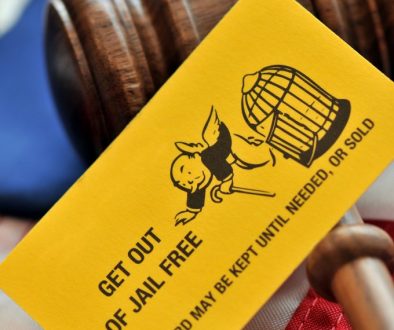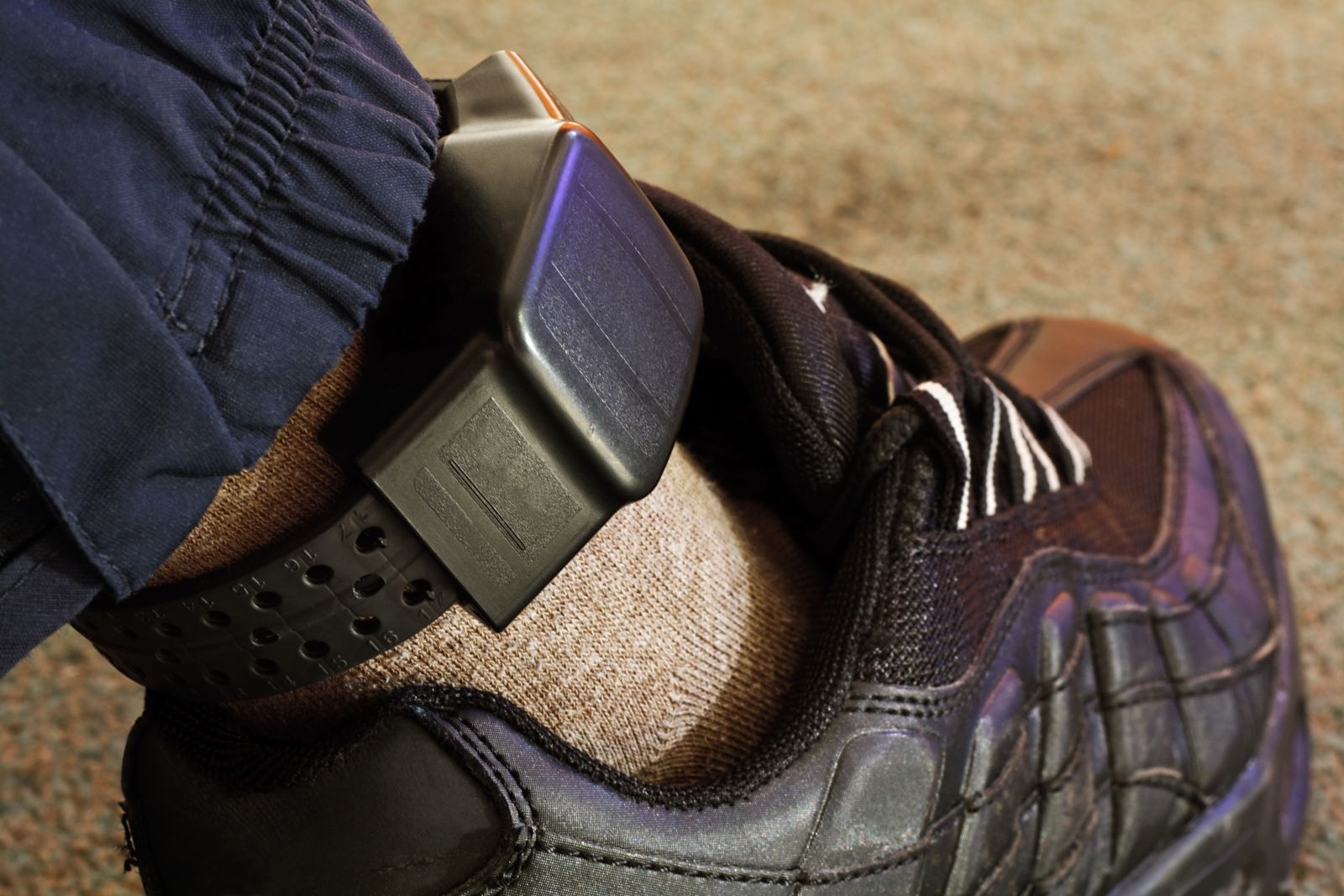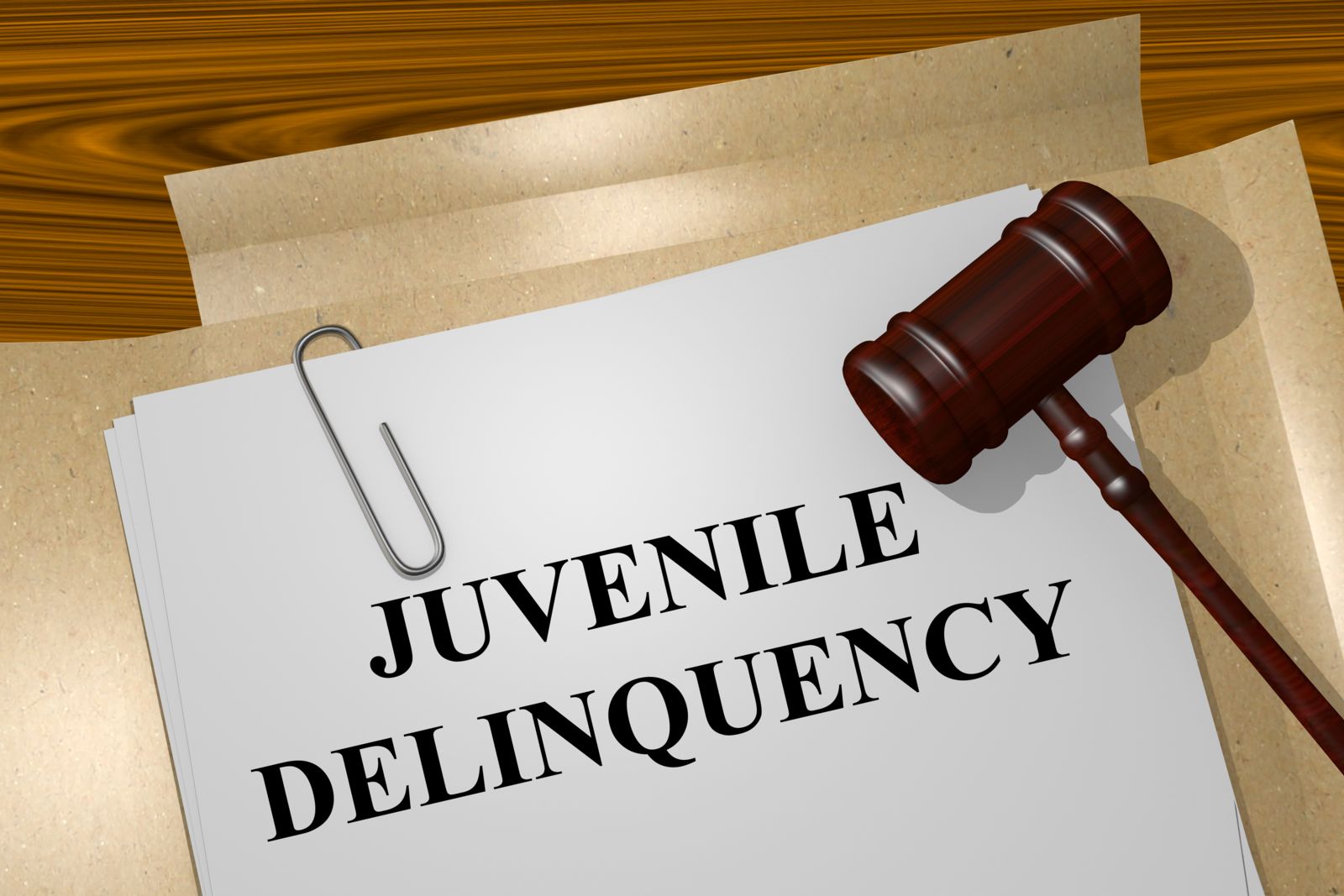The Factors that Determine Early Termination of Probation
.jpeg)
Meek Mill's alleged probation violation issue has attracted national attention. While Pennsylvania Supreme Court ordered his release yesterday, his case isn't over, This case demonstrates a great example of how even an arrest without a conviction while on probation can result in a jail sentence or a longer period of probation. In the case of Mr. Robert Williams (aka Meek Mill) his violation resulted in a 2-4 state prison sentence and an appeal that is now pending.
Our law firm represents individuals in Pennsylvania and New Jersey who are charged with a variety of crimes and offenses that include illegal drugs, narcotics, guns, firearms, and driving while intoxicated (DWI) or under the influence of drugs or alcohol (DUI). While our firm strives to provide clients and their families with the highest level of criminal defense representation, sometimes the evidence is simply overwhelming and the person is convicted or must enter into a negotiated or non-negotiated guilty plea.
New Jersey & Pennsylvania Sentencing
Following a conviction or a plea, the trial court in Pennsylvania (Court of Common Pleas) or in New Jersey (Superior Court) must determine the appropriate sentence based on the individual’s criminal history (prior record score), and the seriousness of the offense (offense gravity score).
In New Jersey and Pennsylvania, felony offenses usually carry with them a presumption of state prison or county jail incarceration, while misdemeanors do not usually carry that same presumption. Pennsylvania classifies crimes into 3 categories: felony, misdemeanor, and summary offenses; New Jersey classifies “crimes” as those indictable offenses within the state. The seriousness of these offenses range from crimes of the 1st degree to crimes of the 4th degree an include crimes of violence such as murder and manslaughter as well as possessory crimes such as possession with the intent to deliver or distribute narcotics along with firearms crimes under New Jersey’s Graves Act.
The Presumption of Incarceration & Probation In New Jersey & Pennsylvania
Our law firm has had a great history of obtaining probation for clients whose criminal convictions carried with them presumptions of incarceration. When a person is sentenced to a period of probation in Pennsylvania and New Jersey, it is typically at least 1 year and it is not unusual for probation to last 4 or 5 years. The standard period of probation for most pre-trial diversion programs like Pre-Trial Intervention (PTI) (New Jersey), Accelerated Rehabilitative Disposition (ARD), and conditional dismissals/discharges (Jersey) is 1 year. This means that a person will be subject to supervision during this time, which could include random drug or alcohol tests, and other conditions like anger management classes or drug rehab.
Many clients and their families mistakenly believe that probation isn’t’ that serious since the person isn’t actually serving time in jail. It is important to remember that if a person violates the conditions of probation, a judge can order their incarceration or extend the period of probation. Prior to an actual court proceeding, the person’s probation officer can actually take the person back into custody and lodge a probation detainer against him or her. A detainer won’t allow the person or their family to post bail to obtain their release from custody. While a judge can order a release pending a violation of probation (VOP) hearing, this is often not done, as the arrest, in and of itself is considered a violation of probation
Early Termination of Probation
New Jersey and Pennsylvania have procedures for an individual to petition the court for early termination of their probation. This can be a huge benefit to a client as probation often hinders a person’s ability to obtain jobs, qualify for loans, or start businesses. In New Jersey, NJSA 2C: 45-2 permits an individual, his or her probation officer, or the court itself, to terminate probation. A New Jersey court will evaluate the petition based on the individual’s criminal history, nature of the offense, and whether or not the person has complied with all conditions of the probations. The court will also consider the person’s reasoning for requesting early termination and any other factors the court determines to be relevant. A New Jersey petition has a much higher probability of success if the probation officer recommends or is not opposed to the termination. The procedure in Pennsylvania is very similar and a judge in the Commonwealth will evaluate similar factors.
For more information on probation and parole in Pennsylvania and New Jersey, I encourage you to keep reading my blog and visit our free download section.



